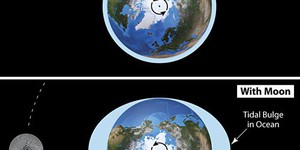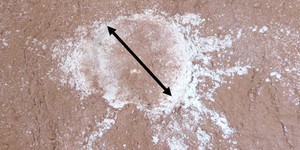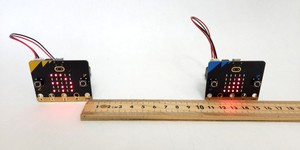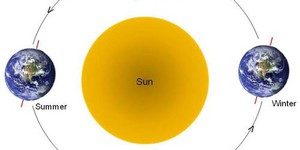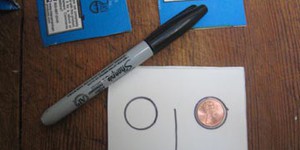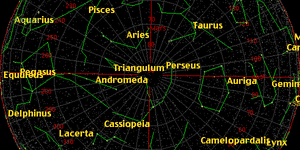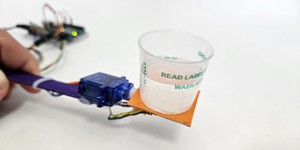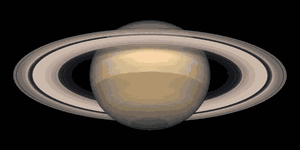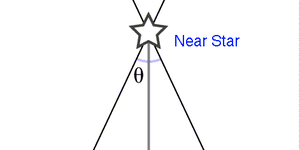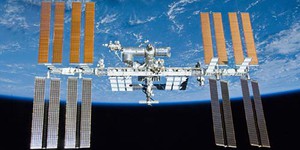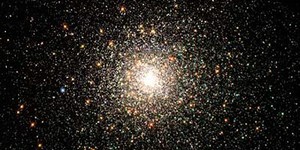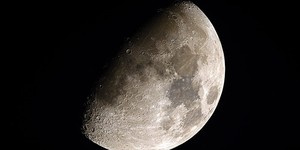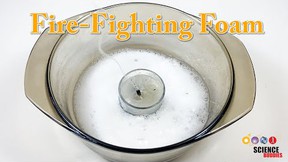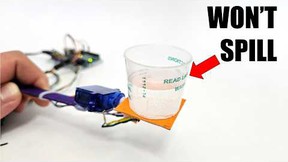Elementary School, Astronomy Science Projects (17 results)
Astronomy is science that will challenge your imagination. How many stars in a galaxy? How many galaxies in the known universe? How many strange worlds are out there on other planets, orbiting other stars, and what are they like? Is there life on planets besides Earth? The distances are mind-boggling; the numbers are immense.
|
Select a resource
Coding Projects
Sort by
|
Have you ever wondered what causes the tides in Earth's oceans? In this astronomy project, you will discover the answer for yourself! You will investigate how the Sun and Moon control tides in Earth's oceans.
Read more
Have you ever heard someone say that the moon is made of cheese? Even though the craters on the surface of the moon resemble holes in Swiss cheese, we know that this common myth is not true. Find out how craters are formed and why they are different sizes by doing this simple science project.
Read more
New
Are you ever annoyed by a poor Wi-Fi signal? What about when you try to send a text message, and it just won't go through because of poor cell service? Have you ever wondered what factors affect the strength of your signal and the speed of the connection? If so, this project is for you!
Read more
Do you live someplace where you get to experience the full glory of all four seasons? If so, you know well the heady blossoms and dramatic skies of spring; the long, sun-drenched days of summer; the trees shaking in crimson and gold in fall; and the sparkling, brittle snows of winter. But you might not know why we have these seasons, over and over again, in a cycle as predictable as the rising and setting of the Sun. The reasons for the seasons are surprising and have to do with Earth's tilt…
Read more
How do astronomers collect stardust? They design and build satellites that are launched into space to collect particles on specially designed panels. Satellites can be sent to orbit around an object of interest: a planet, moon, or comet. In this experiment, you can build your own mini satellite and use it to collect some pretend stellar debris. If you simulate an asteroid impact, how much stellar dust will your satellite collect? Will placing your satellite at different "orbital" distances from…
Read more
Do you ever wonder how pirates sailed the seven seas? The two most important things a pirate could have (besides a parrot and big hat) were a compass and an accurate watch. Ancient navigators didn't know about compasses, so how did they know where they were going? Could they have used the stars to know which way to go?
Read more
New
Have you ever seen a waiter balance an entire tray of drinks without spilling any? How do they do it? Do you think you could build a robot waiter that can do the same thing? In this project, you will learn how to build a self-balancing robotic tray. You can incorporate the auto-leveling tray into one of our many other robotics projects, like the Bluebot or robotic arm.
Read more
Saturn is a unique planet because of the many beautiful rings surrounding it. How are all of those rings made? Why is each ring unique?
Read more
Do you enjoy going stargazing? In a good location on a clear night, you can see a huge number of stars twinkling in the night's sky. Have you ever wondered how far those stars are from us? Ancient astronomers actually discovered a way figure this out, measuring the distance from Earth to faraway stars. How did they do it without modern technologies? In this astronomy science project you will find out by exploring the link between the distance of an object and perspective (also known as…
Read more
The movement of satellites is intriguing, but how do they orbit the way they do? Aerospace engineers run calculations and set up computer models to help them predict how satellites move in space, but in this astronomy science project, you will create a physical model with marbles, clay, and a cookie sheet to help you study how satellites move in space and learn from your observations.
Read more
Would it surprise you to learn that no one knows the exact age of the universe? Astronomers have estimates, and as they gather increasingly precise data and measurements, they continue to refine those estimates to come up with more accurate estimates. In this project, you can look at data about stars in dense groups called globular clusters and come up with your own estimate for the minimum age of the universe. How closely will your estimate match those of other astronomers?
Read more
Sometimes a full moon can be so bright, you can walk around in the dark without a flashlight. How much brighter is a full moon than the other phases of the moon? How is the brightness of the moon measured?
Read more
|

